BS EN 14142-1-2011 郵政服務(wù).地址數(shù)據(jù)庫(kù).郵政地址的構(gòu)成
作者:百檢網(wǎng) 時(shí)間:2021-07-31
中文標(biāo)準(zhǔn)名稱(chēng):郵政服務(wù).地址數(shù)據(jù)庫(kù).郵政地址的構(gòu)成
英文標(biāo)準(zhǔn)名稱(chēng):Postal services. Address databases. Components of postal addresses
標(biāo)準(zhǔn)類(lèi)型:M80
發(fā)布日期:2011/8/31 12:00:00
實(shí)施日期:2011/8/31 12:00:00
中國(guó)標(biāo)準(zhǔn)分類(lèi)號(hào):M80
國(guó)際標(biāo)準(zhǔn)分類(lèi)號(hào):03.240
引用標(biāo)準(zhǔn):EN ISO 3166-1;UPU Standards Glossary
適用范圍:This standard provides a dictionary of the possible components of postal addresses, together with examplesof and constraints on their use.This standard This standard defines three hierarchical levels of postal address component:? segments, such as addressee specification, which correspond to major logical portions of a postaladdress;? constructs, such as organisation identification, which group elements within segments into units whichare meaningful for human interpretation;? elements, such as organisation name or legal status, which correspond to the lowest level ofconstructs, i.e. those which are not themselves made up of subordinate elements, though they may besub-divided for technical purposes.To cover multiple occurrences and locations of elements in an address, and to be able where necessary towork with sub-divisions of element content, the standard defines a fourth level:? element sub-types, such as door type or door indicator, representing parts of conceptual elements,such as door, for database storage or to facilitate presentation, or representing multiple instances ofconceptual elements for use in defining address element structures or templates.NOTE The underlying point is that elements are conceptual whereas sub-types are defined to meet technical needssuch as template construction, rendition requirements, accurate representation of address instances, and matching topostal database fields.This standard further provides a methodology for the specification of postal address templates, whichstipulate how a postal address is to be written, including the order in which postal address elements are toappear, required and optional elements, and the presentation or rendition of the elements, subject toconstraints on the space available for that task. Languages suitable for human comprehension and computerprocessing of postal address templates are defined and described.It also defines a number of useful terms, such as delivery address, forwarding address, mailee and mailoriginator. By providing a standard dictionary of postal address components, this standard is expected togreatly facilitate the formal description of actual address representations and the definition of procedures formapping between them.In practice, many address representations, whether in computer databases, in electronic messages or inprinted or written form, combine several of the postal address components defined herein into single fields orlines. Considerable intelligence may be required in mapping between different representations, particularlywhere these are subject to a degree of ambiguity.This standard does not specify the length or value range of components.This standard does not cover the topic of data protection. Users of this standard are nevertheless remindedthat the storage and exchange of personal data are subject to legislation in many countries. This standardmay be applied only to the extent that this is compliant with such legislation.
相關(guān)標(biāo)準(zhǔn)
百檢能給您帶來(lái)哪些改變?
1、檢測(cè)行業(yè)全覆蓋,滿足不同的檢測(cè);
2、實(shí)驗(yàn)室全覆蓋,就近分配本地化檢測(cè);
3、工程師一對(duì)一服務(wù),讓檢測(cè)更精準(zhǔn);
4、免費(fèi)初檢,初檢不收取檢測(cè)費(fèi)用;
5、自助下單 快遞免費(fèi)上門(mén)取樣;
6、周期短,費(fèi)用低,服務(wù)周到;
7、擁有CMA、CNAS、CAL等權(quán)威資質(zhì);
8、檢測(cè)報(bào)告權(quán)威有效、中國(guó)通用;
客戶案例展示
相關(guān)商品
相關(guān)資訊

最新資訊
版權(quán)與免責(zé)聲明
①本網(wǎng)注名來(lái)源于“互聯(lián)網(wǎng)”的所有作品,版權(quán)歸原作者或者來(lái)源機(jī)構(gòu)所有,如果有涉及作品內(nèi)容、版權(quán)等問(wèn)題,請(qǐng)?jiān)谧髌钒l(fā)表之日起一個(gè)月內(nèi)與本網(wǎng)聯(lián)系,聯(lián)系郵箱service@baijiantest.com,否則視為默認(rèn)百檢網(wǎng)有權(quán)進(jìn)行轉(zhuǎn)載。
②本網(wǎng)注名來(lái)源于“百檢網(wǎng)”的所有作品,版權(quán)歸百檢網(wǎng)所有,未經(jīng)本網(wǎng)授權(quán)不得轉(zhuǎn)載、摘編或利用其它方式使用。想要轉(zhuǎn)載本網(wǎng)作品,請(qǐng)聯(lián)系:service@baijiantest.com。已獲本網(wǎng)授權(quán)的作品,應(yīng)在授權(quán)范圍內(nèi)使用,并注明"來(lái)源:百檢網(wǎng)"。違者本網(wǎng)將追究相關(guān)法律責(zé)任。
③本網(wǎng)所載作品僅代表作者獨(dú)立觀點(diǎn),不代表百檢立場(chǎng),用戶需作出獨(dú)立判斷,如有異議或投訴,請(qǐng)聯(lián)系service@baijiantest.com




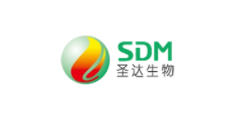










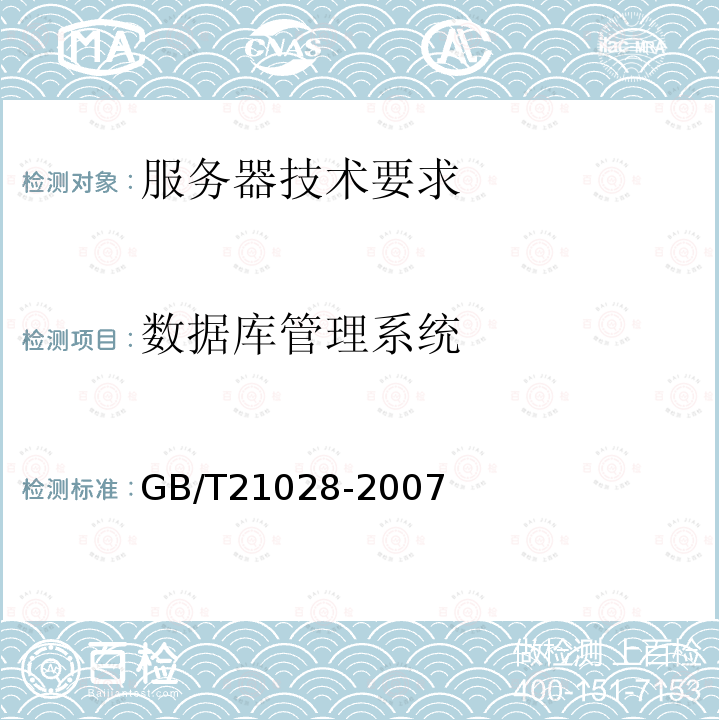
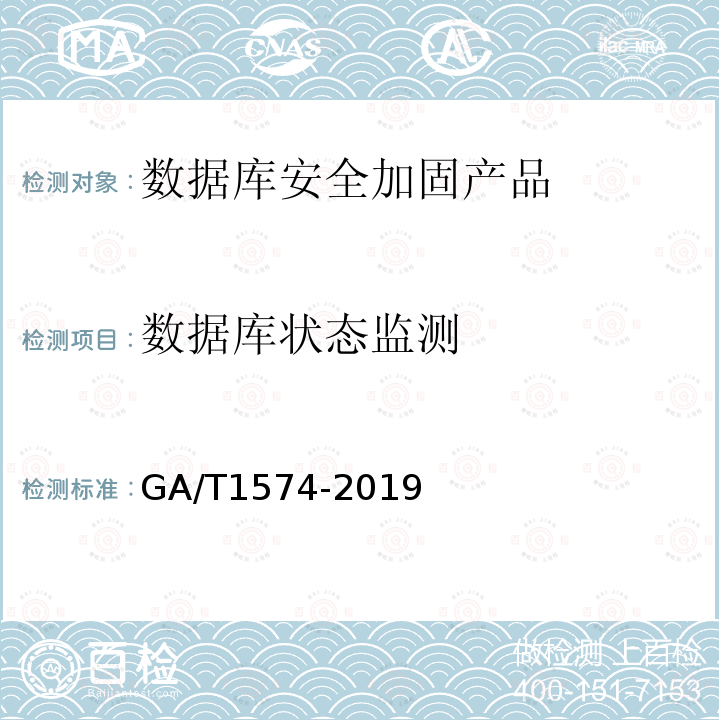
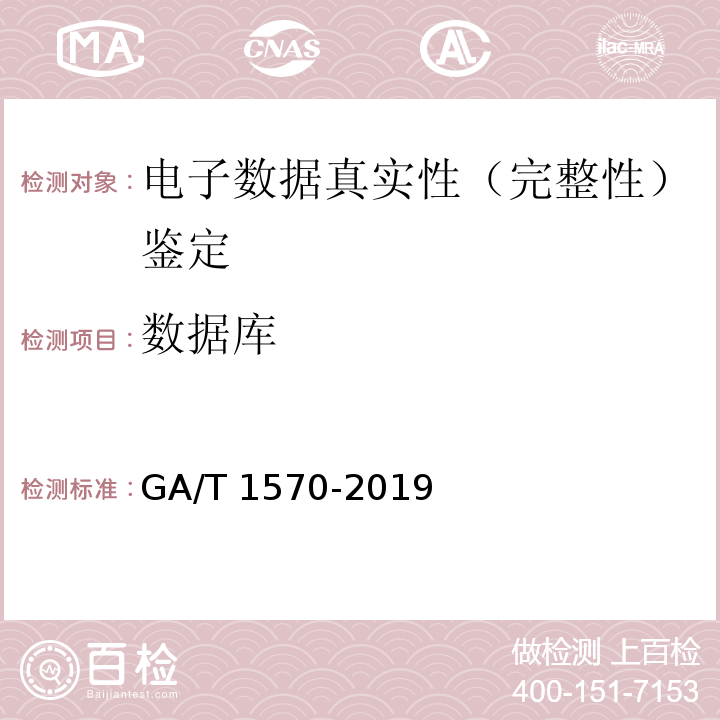

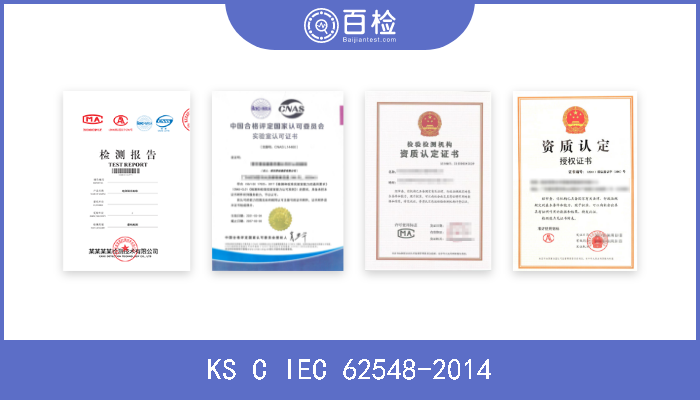
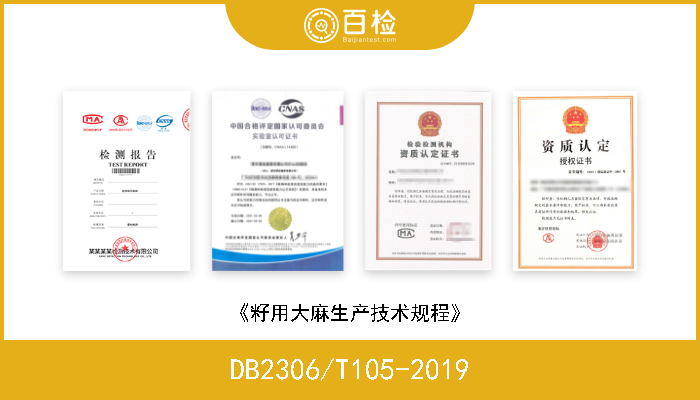
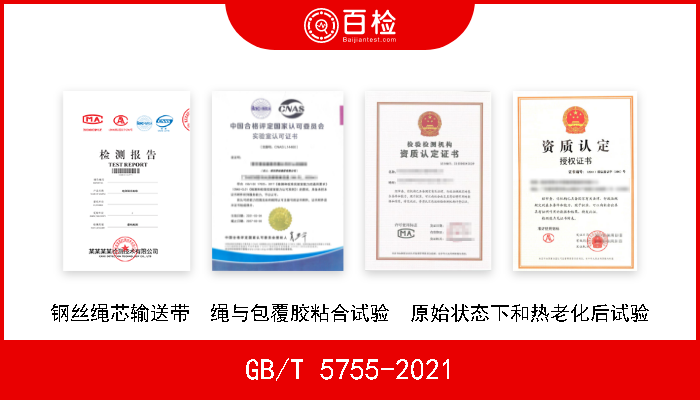
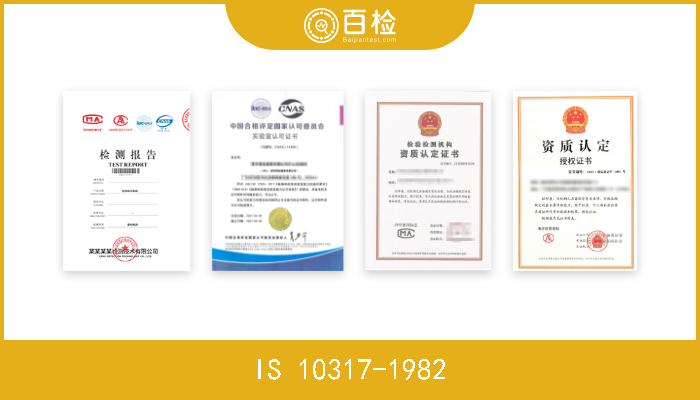

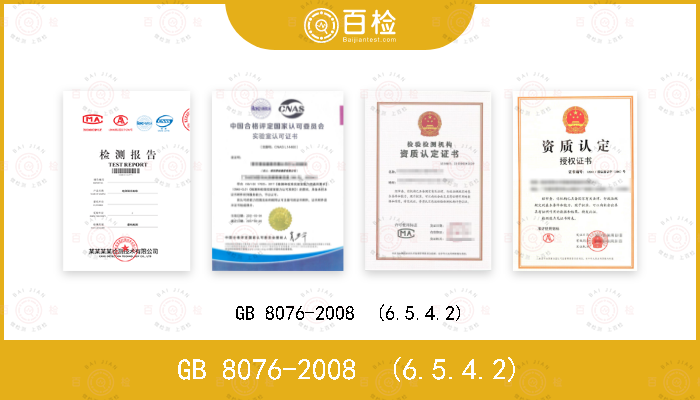
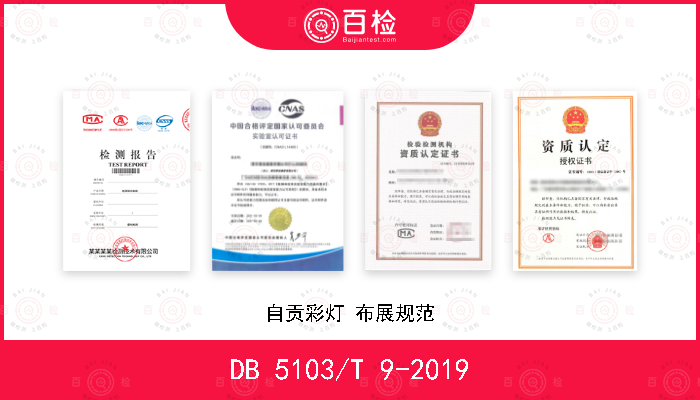
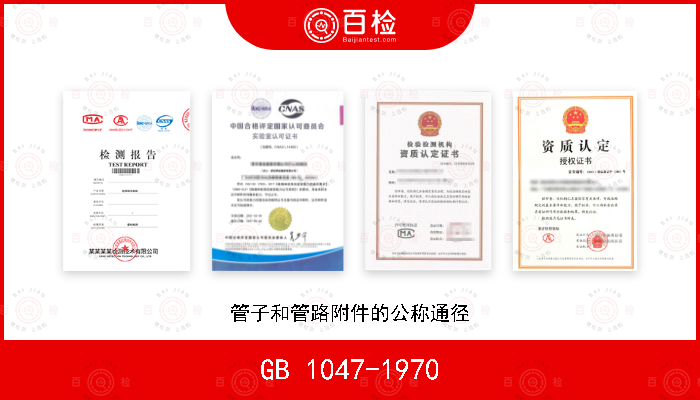



 400-101-7153
400-101-7153 15201733840
15201733840

